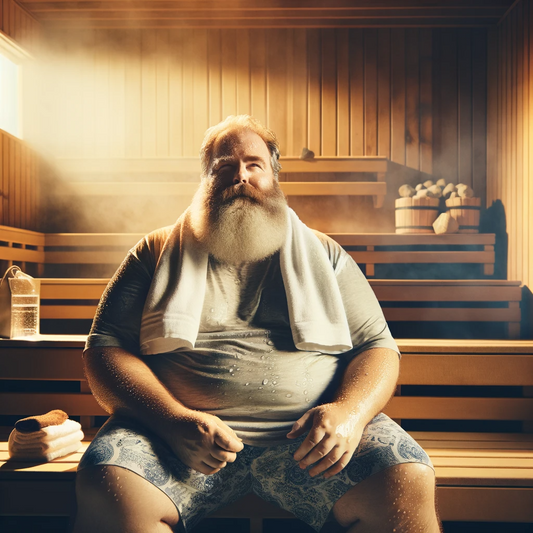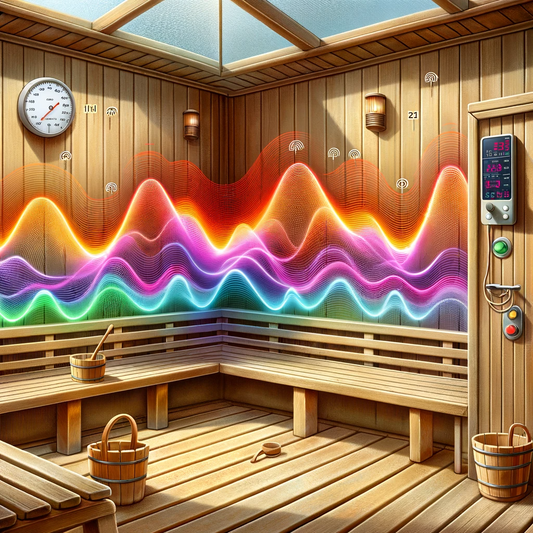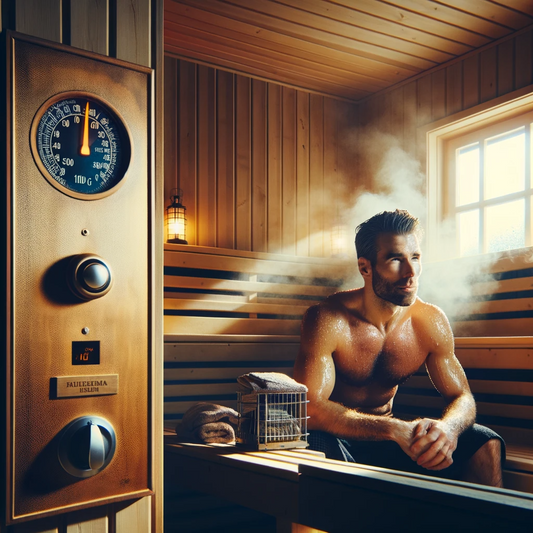While you're hopping from one sauna brand to another, making comparisons and reading feedback, a term might frequently pop up and make you scratch your head: "UL certification." Let's ignite our curiosity, dive in, and unmask the importance of this certification, especially when it comes to your beloved sauna kits.
What is UL certification exactly?
Swimming in an alphabet soup can be confusing, but let me clarify one crucial acronym for you – UL. Underwriters Laboratories (UL), the knight in shining armor, is a globally accepted independent entity that juggles the serious task of testing and certifying product safety. Its fame stretches to electronic devices, and sauna kits are not an exception. If a product happens to be wearing the 'UL Certified' or 'UL Listed' badge, it's a proclamation that it braved and outshone the series of severe safety examinations. These tests, governed by the code of standards set by the American National Standards Institute (ANSI)[1], vouch for the product's safety.
The nitty-gritty – why is UL certification crucial?
Have you ever thought of what could go wrong with your sauna's electrical components? Sounds scary, right? This is where the UL certification marks its territory. Saunas boasting a 'UL plug' give an assurance that the hidden elements like the electric wiring, switches, heaters, and control panels have been tested and are considered safe for use when you adhere strictly to the manufacturer's instructions. We can also lean on a 2012 study published in the Fire Technology journal[2] that rings an alarm for products deprived of this certification. The findings suggest a possible increased risk of unpleasant accidents, such as electrical shocks and even fire, with non-UL-certified saunas.
What about other certifications?
There are also several other noteworthy certifications that underscore a product's safety efforts and conformity to international standards. These include:
- ETL (Electrical Testing Laboratories): Like UL, ETL administers reliable safety tests and certifications to confirm products conform to safety standards. We wrote about this in another article here.
- UL (Underwriters Laboratories): As we’ve covered, UL administers reliable safety tests and certifications to confirm products align with U.S. and Canadian safety norms.
- CSA (Canadian Standards Association): While CSA awards certifications demonstrating compliance with Canadian standards, their stamp of approval is recognized worldwide.
- CE (Conformité Européene): A 'CE' label on a product indicates that it abides by the safety regulations outlined for European Economic Area members.
- TÜV (Technischer Überwachungsverein): This respected German body offers widespread safety testing and globally recognized certifications.
Should I keep a calendar for my sauna's electricity check?
Timely checks and tweaks can save you from a lot of hassles. To keep your sauna's electrical components in the best of health, a routine check-up is advised every couple of years. If the scenario turns dicey with signals like a blown fuse or an unusual burning smell, bring the inspection forward[3]. Your sauna kit's age, usage frequency, and maintenance record should ideally dictate the regularity of the inspections.
Who should be my sauna's electrician?
When it's about safety, put your faith only in the best. A licensed electrician or an authorized inspection agency should be your safety net to evaluate your sauna's electrical safety. For those supporting a sauna unit deprived of a UL certification, having an electrician run a preliminary check is a highly recommended safety precaution.
In a nutshell, while using a sauna kit, prioritizing the UL certification is an ace card for keeping electrical hazards out of sight. Therefore, we sauna owners should commit to a regimen of routine professional inspections and be all ears for unusual signs. In the end, remember, your sauna is more than just a wellness retreat; it's a valuable investment that's worth both your time and attention.
References
[1] American National Standards Institute (ANSI)
[2] Fire Technology Journal




